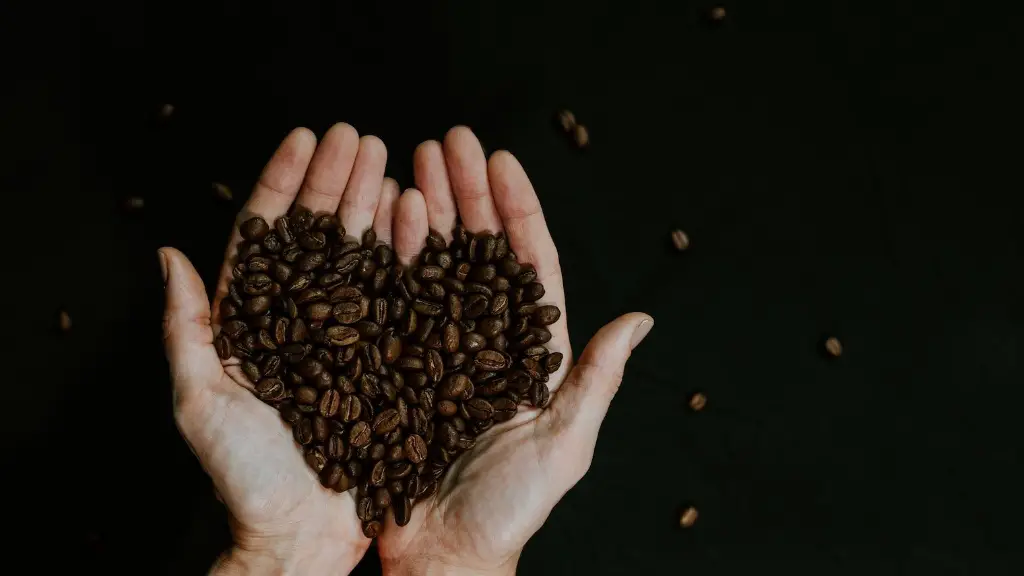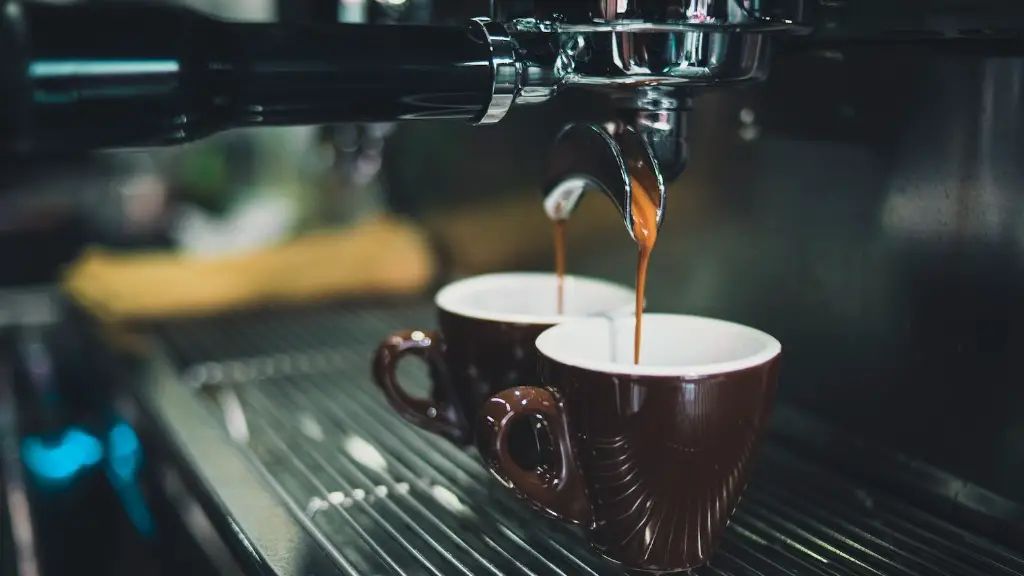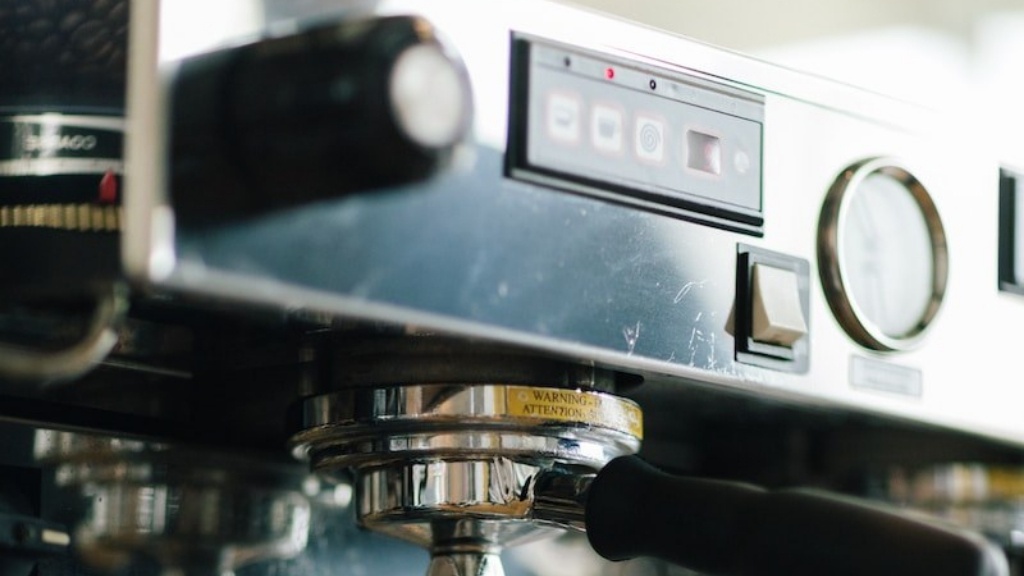Effects on Mental Health
Coffee is one of the most widely consumed beverages in the world. Many people rely on coffee to help them feel energized and alert. While there are some clear benefits to drinking coffee, the excessive consumption of coffee can have negative impacts on your mental health.
Studies have shown that drinking too much coffee could lead to anxiety and depression. People who drink a lot of coffee are more likely to experience psychological distress and to have higher levels of cortisol, the stress hormone. This distress can often lead to negative thoughts and feelings.
Coffee can also lead to increased irritability and restlessness, which can affect your relationship with others. Some people may even find it difficult to focus on tasks or feel overwhelmed and unfocused when drinking a lot of coffee.
Effects on Physical Health
Some physical effects of drinking too much coffee can include dizziness, headaches and nausea. Excessive coffee consumption can also cause dehydration, due to its diuretic properties.
Caffeine, the active ingredient in coffee, is known to increase heart rate, blood pressure and breathing rate. This can lead to an increased risk of cardiovascular diseases and can even worsen existing conditions.
The excessive consumption of coffee can also cause an upset stomach, diarrhea and indigestion. Those who drink too much coffee may also be more likely to experience insomnia and fatigue.
Benefits of Moderation
Not all effects of coffee drinking are negative. Moderation is key when enjoying the benefits of coffee.
Studies have found that moderate coffee consumption can help improve focus and concentration. It can even help fight against certain types of cancer and decrease the risk of developing type-2 diabetes.
Furthermore, coffee can help improve physical performance. Moderate intake can increase endurance and help with muscle recovery.
Who is Most at Risk?
Those who are most at risk of suffering the side effects of excessive coffee consumption include pregnant women, young people and those with existing health conditions. Furthermore, consuming energy drinks, which contain high amounts of caffeine, should also be avoided.
Studies have also found an association between excessive coffee consumption and bone density loss. People who drink more than six cups a day may be more likely to suffer from conditions such as osteoporosis.
Reacting to Symptoms
When experiencing symptoms such as headaches or restlessness, it is important to reduce your coffee intake. It is suggested that drinking more water can help reduce the effects of too much caffeine. There are also various natural remedies, such as herbal teas, that may help with these symptoms.
In some cases, it may also be beneficial to switch to decaf coffee. This type of coffee still contains some caffeine, but it also offers other health benefits, such as antioxidants.
Dietary Alternatives
If you are looking to reduce your coffee intake, there are many dietary alternatives available. It is suggested that getting plenty of sleep and exercising regularly can help reduce reliance on coffee.
Eating a balanced diet and drinking lots of water is also essential. Additionally, there are various natural supplements and herbs, such as matcha and ashwagandha, that are known to help support mental clarity and focus.
Knowing Your Limits
It is important to be aware of your limits when it comes to drinking coffee. While moderate amounts of coffee offer many benefits, excessive consumption can lead to negative health consequences.
Therefore, it is suggested that you keep track of your coffee consumption and adjust it accordingly. Additionally, it is important to be aware of any symptoms of excessive coffee consumption and to take action as soon as possible.
Mental Health Effects in the Long-Term
When coffee consumption is excessive and sustained over a long period of time, it can have long-term effects on mental health. Those who consume too much coffee on a regular basis may become dependent on the beverage, leading to withdrawal symptoms when consumption is lowered.
Furthermore, it is suggested that drinking too much coffee can lead to increased anxiety levels and can worsen existing anxiety and depression issues. Excessive coffee consumption can also impair cognitive functions and lead to impaired decision-making.
Effects on Other Substances
Excessive coffee consumption can also lead to a dependency on other substances and an increased intake of unhealthy foods. Coffee drinkers may find themselves craving sugar, energy drinks and other caffeinated beverages to increase the effect of the caffeine.
Further, excessive coffee consumption has been linked to increased alcohol consumption due to the desire to feel increased alertness and energy. It is suggested that moderation is key when it comes to coffee consumption.
Impact on Sleep
Drinking too much coffee can have serious effects on sleep. Studies have shown that caffeine can stay in the body for up to eight hours, so it is suggested to stop drinking coffee at least four hours before going to bed.
Caffeine can make it difficult to fall asleep and can lead to fitful and restlessness sleep. Furthermore, it can lead to an increased desire to nap during the day, which can lead to sleep deprivation.
Impact on Productivity
Drinking too much coffee can also lead to reduced productivity. Those who consume too much coffee may find it difficult to focus on tasks or to pay attention to detail. Furthermore, caffeine can reduce creativity and motivation, making it more difficult to get work done.
Excessive coffee consumption can even lead to impaired concentration and cause fatigue, making it difficult to finish tasks. It is suggested that moderation is key when it comes to coffee consumption and productivity.


